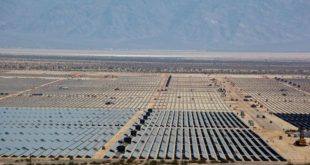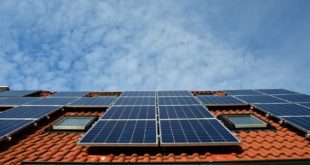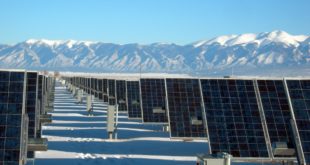It’s important to understand the difference between energy efficiency and energy conservation.
– Energy efficiency is defined as conservation measures that are built into a structure or added permanently. The measures allow a building to maintain a comfortable temperature in an efficient manner for a corresponding manageable price.
– Energy conservation is human behavior related to energy consumption.
While some people have difficulty changing their habits, behavior improvements can result in substantial reductions in energy use, resulting in significant savings.
A good example of the difference is your daily shower. If your shower is located within 30 feet of your water heater, and the pipes are insulated for the entire run with your drain attached to a heat recovery mechanism, this is energy efficiency. The number, length and timing of your showers are a matter of energy conservation.
The largest components of our energy use, in order, are heating, cooling and water heating. So it stands to reason that these areas offer the most opportunity for reduction. Below are 10 energy conservation tips that everyone can benefit from immediately and see smaller utility bills.
– Set your thermostat in the winter to 68 degrees or less during the daytime, and 60 degrees or less before going to sleep and when you’re away for the day. During the summer, set your thermostat to 75 degrees or more. Using a programmable thermostat makes this easy. Note: A heat pump will require a special thermostat to accomplish the setbacks.
– Set your water heater to 120 degrees or medium. Try and schedule showers and baths close to one another so that water in the pipe does not have time to go cold. Shorten your showers.
– Shut down your computer at the end of the day and set it to “sleep” mode automatically after 15 minutes or so of inactivity. Allowing your computer to hibernate saves energy and is more time-efficient than shutting down and restarting your computer from scratch. Note: It is not the same as a screen-saver!
– If you have an extra freezer or “beer fridge,” get rid of them. They tend to be old and inefficient. This one item might give you savings of $8 to $10 a month. If your main refrigerator is over 10 years old, look for an Energy Star-approved replacement. This investment in equipment that meets federal energy requirements can pay for itself in as little as three years.
– Manage your sunlight. In the winter, open your windows (especially ones with southern exposure) during the day and close them at night. Curtains can add a little bit of insulation and partially block draft. In the summer, close the windows to keep out the sun.
– Eliminate fires. Fireplaces may seem to warm the room, but overall they draw your “paid for” air out of the house.
– Wash and dry only full loads. Use the cold water setting. Dry clothes on a line when accessible and appropriate. Use the moisture sensor or automatic stop on the dryer.
– Run only full loads in your dishwasher and use the air-dry feature.
– Cook with your microwave as much as possible. It uses much less energy and less moisture is released into the air.
– The most sensible for last: Turn off lights when you leave a room.
Is earth4energy scam? Find out the true |earth4energy review| on http://www.squidoo.com/earth4energyscamrevealed. Best |earth4energy review| available on the internet. Click here to find more about |earth4energy review|
 Alternative Energy HQ solar power for homes, wind energy, and bio fuel issues
Alternative Energy HQ solar power for homes, wind energy, and bio fuel issues





